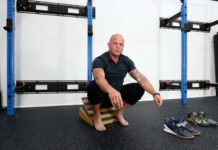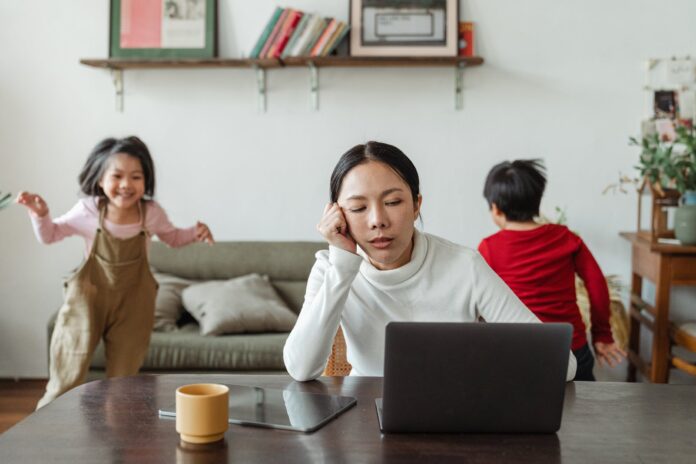
Stress is a natural occurrence, and can result from illness, money issues, a high stress job, and more. Between the COVID-19 pandemic and political tensions around the world, you may find yourself more stressed than usual. If there was ever a time to take advantage of proven stress relief techniques, it’s now. At the end of a day of trying to juggle working from home and making sure your kids do their schooling online, you’re sure to be exhausted and worried about the future. Why not try these six tips to reduce your stress?
1) Exercise
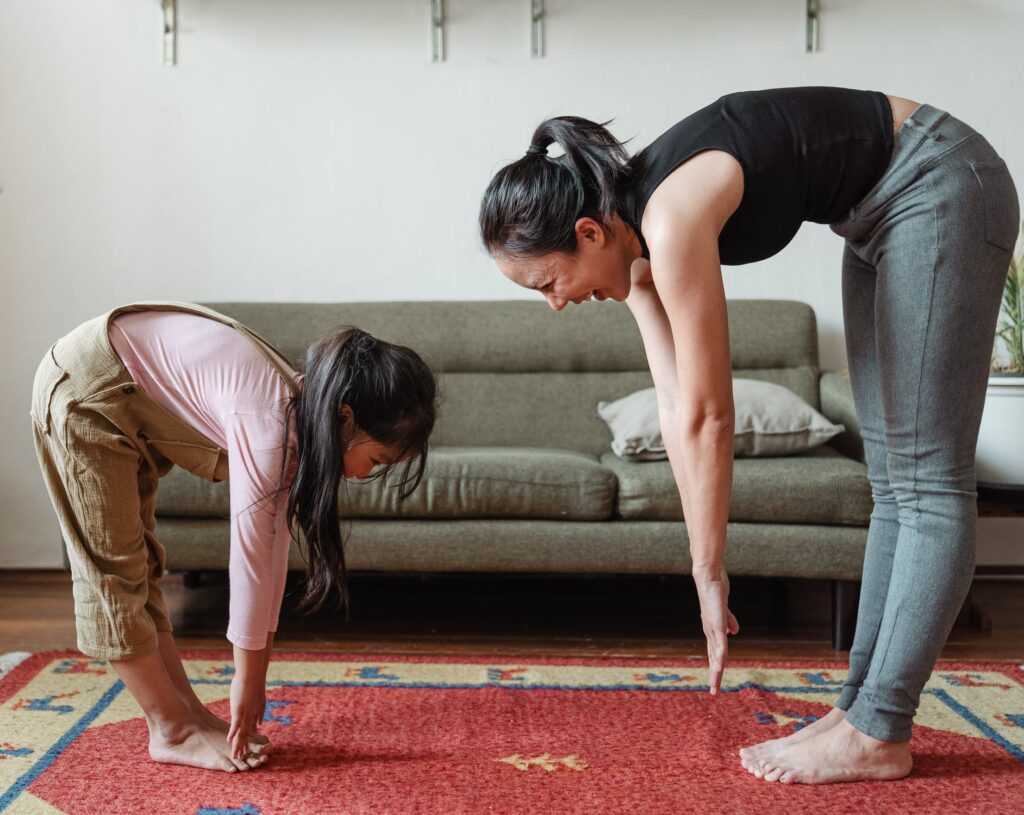
Exercise is one of the oldest and most well known stress relief strategies. There’s no better way to let off some steam and feel better than by having a good workout. This is because exercise both reduces the production of hormones that affect stress (adrenaline and cortisol), and increases the production of endorphins that make you feel better. It also makes you feel healthier, and losing weight will always improve your mood.
To exercise effectively, you can get by with at least a 20 minute walk, as long as it’s vigorous enough. Anything that involves greater exertion for a longer time is also beneficial. The best part about exercise is it can be quick and inexpensive to do.
2) Meditation

Meditation is another easy and inexpensive way to reduce your stress, and you can think of it like exercise for your mind. When you regularly meditate, your brain learns to more easily achieve a calm state even when you aren’t meditating or you’re in a stressful situation. You just have to sit somewhere quiet for as little as 15 to 20 minutes per day. You can use free tools like YouTube videos on guided meditations, or you can use more sophisticated paid resources such as online classes.
You can also use one of two apps that are highly popular these days are Calm and HeadSpace. They are designed to give you daily guided meditation exercises to make you feel more calm and relaxed, and can also help you sleep when you may be thinking about what’s stressing you out.
3) CBD
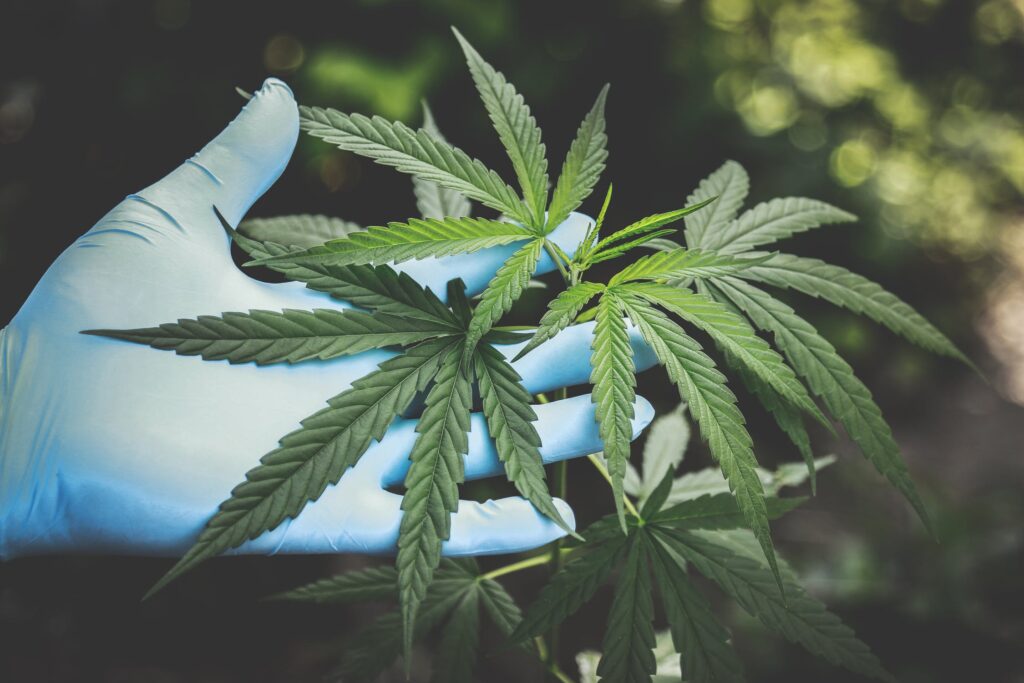
Cannabidiol (CBD) is a relatively new health supplement that has had newly discovered benefits in the past decade. One of those benefits is the ability to reduce stress and anxiety, and improve your ability to sleep. There are CBD products made specifically to help improve your mental health, such as https://secretnaturecbd.com/collections/cbd-pre-rolls.
As a health supplement it does not require a prescription, and can be purchased easily online. Be sure to read up on the brand or retailer, such as their reviews, and always look for test results of the product so you know the CBD you’re getting is good quality. If you have severe mental health disorders, you can also talk with your doctor or a licensed therapist to get prescription-strength CBD. It is much more potent and effective, and may have less severe side effects than other prescription medication to help mental health.
4) Sleep
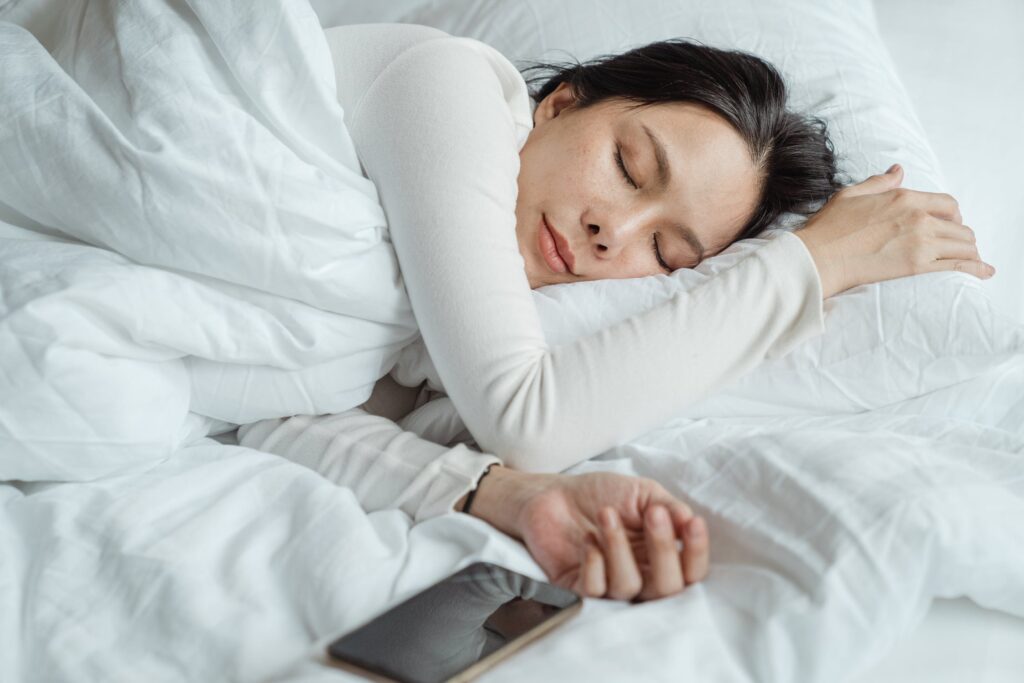
The amount of quality sleep you get and how stressed you feel are strongly connected. In fact, stress and sleep both affect each other in rather unfortunate ways. When you’re stressed, you’re less likely to be able to fall asleep and get a full night’s rest. When you can’t get enough sleep, you start feeling more tired and stressed. It can be a vicious cycle.
There are many tips that can help you sleep, which will help reduce the stress you feel. Exercising and meditation help. You should also cut down on caffeine, alcohol, and being on your phone or computer later in the day. Noise cancelling ear plugs, white noise machines, eye masks and blackout curtains can also help.
5) Yoga
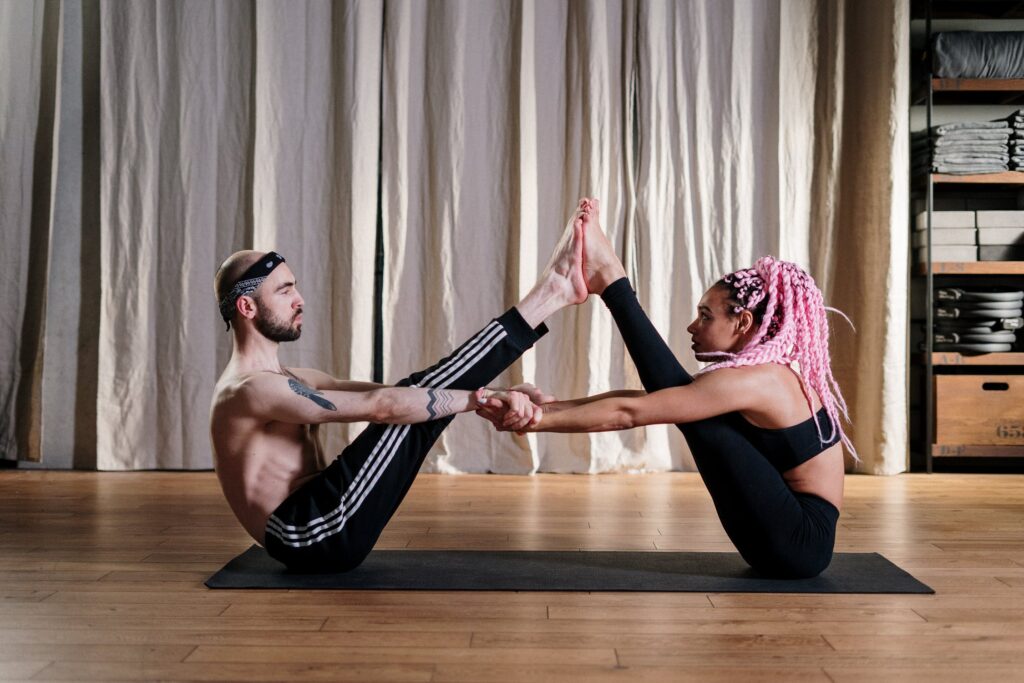
Yoga is an interesting combination of both exercise and meditation, making it a very effective stress relief tool. The stretching and movement helps reduce pain and improve your blood flow. It can also be a good workout, giving you the same endorphin boost as exercise. However, it can also be calming, with the slower and deliberate movements with controlled breathing very similar to meditation.
Yoga is not a highly involved form of exercise either. Like with meditation, you can find YouTube videos with guided forms and routines of all kinds. Some are more vigorous as exercise, some are more focused on breathing and relaxing like meditation. You can start with some beginner videos that are shorter in length, and choose the type you like.
6) Virtual Therapy

Being able to talk with a trained and licensed therapist about the specific issues causing your anxiety and depression is proven as one of the most effective ways to improve your mental health. They know how to drill down into your individual issues, get you to talk about them in a safe environment at your own pace, and give you the mental coping mechanisms to deal with them.
Things like Cognitive Behavioral Therapy (CBT) are especially effective in helping to reduce anxiety. Make sure when picking a therapist that you find one that is fully licensed as a psychiatrist or psychologist, and not just claiming to be a general therapist or therapist for an unregulated discipline. You can also look into therapists that specialize in specific disorders, like PTSD or BPD.
With the pandemic still going, you might not be able to see a therapist in person, but most of them are conducting therapy sessions virtually or over the phone. You just need a private place in your home to have these sessions from the safety and comfort of your home.
These six tips are by no means the only ways you can relieve stress. It can also help to stay connected to the people and things that make you happy. Pick up a hobby, have a video chat with friends and family, and more. If you find that the stress is so extreme that you’re on the verge of a breakdown, you can always reach out to emergency psychiatric hotlines to get you through the worst of it, and maybe arrange for an appointment for therapy and medication.



